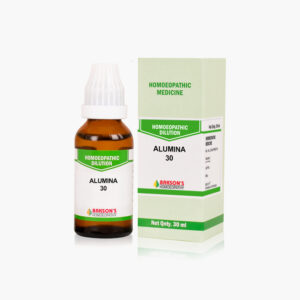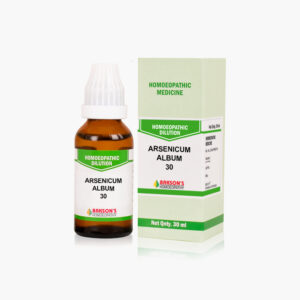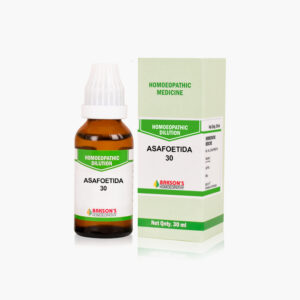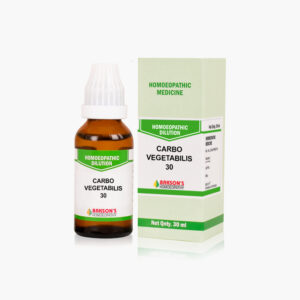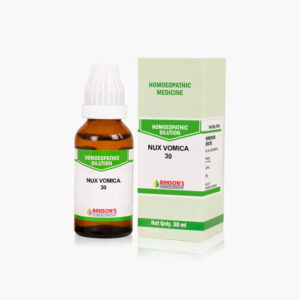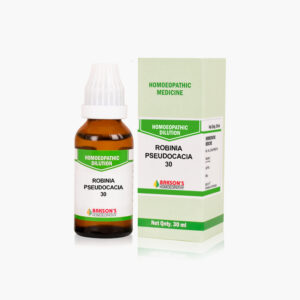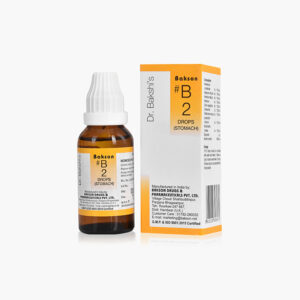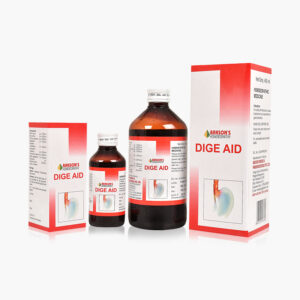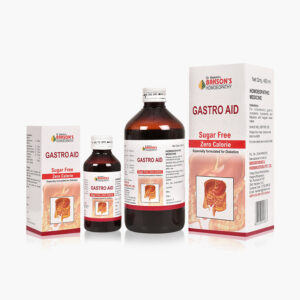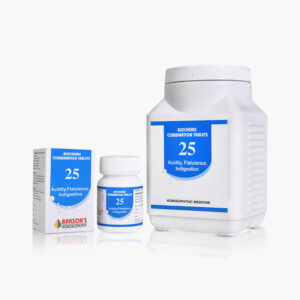What is Esophagitis?
Esophagitis is the inflammation or injury to the esophageal mucosa characterised by a retrosternal chest pain, heartburn, dysphagia or odynophagia. One of the most common causes is gastroesophageal reflux, which can lead to erosive esophagitis.
Gastroesophageal reflux disease (GERD) is a chronic gastrointestinal disorder characterized by regurgitation of gastric contents into the oesophagus and it manifests with symptoms of heartburn and regurgitation. It is caused by multiple mechanisms leading to the disruption of the oesophagogastric junction barrier resulting in exposure of the oesophagus to acidic gastric contents.
Causes
Esophagitis can occur due to various causes and on the basis of cause, esophagitis can be of following types:
- Reflux or erosive esophagitis: Reflux of gastric contents into the stomach leading to mucosal injury is one of the most common causes of esophagitis.
- Infection esophagitis: Infection caused by bacteria, viruses, fungal or parasitic microorganisms.
- Pill induced esophagitis: Associated with oral bisphosphonates like alendronate, some antibiotics like tetracycline, doxycycline, and clindamycin. NSAIDs, aspirin, ferrous sulfate, potassium chloride, and mexiletine.
- Eosinophilic esophagitis (EoE): Chronic immune antigen-related esophageal disease with almost similar symptoms of esophagitis but histologically have squamous mucosal inflammation caused by predominant eosinophilic infiltration.
- Radiation-induced esophagitis: Associated with radiotherapy related toxicity and can present in acute and chronic forms.
There is no cause yet known which could explain the development of GERD. But several risk factors have been identified that can increase the risk of its occurrence:
- Obesity
- Pregnancy
- Hiatus hernia
- Connective tissue disorders
- Smoking
- Eating large meals
- Lying down or going to sleep shortly after eating
- Eating deep fried or spicy foods
- Drinking beverages such as soda, coffee, or alcohol.
- Certain medications such as aspirin or ibuprofen.
Signs and Symptoms
The most common presentation of esophagitis is retrosternal chest pain, Heartburns, odynophagia or dysphagia. Patients can present with food impaction and is more often seen in young adults or children with some history of asthma, food allergy or atopy. Reflux esophagitis symptoms include Globus sensation, regurgitation and sometimes wheezing or chronic cough.
Atypical extraesophageal symptoms can also be seen which include chest pain, chronic cough, asthma, laryngitis, dental erosions, dysphonia, and hoarseness and globus sensation.
Diagnosis
Diagnosis of esophagitis can be made based on history and clinical examination but endoscopy and biopsy examination may be required to determine the type of esophagitis.
Management
Treatment depends on the cause but other important aspects of treatment includes lifestyle modification, liquid to soft or pureed diet to allow adequate time for healing and dietary modification. Patient should also be advised of lifestyle and dietary modifications which include:
- Weight loss.
- Avoiding common dietary triggers and habits which include fatty and spicy meals, coffee, carbonated drinks, spicy food, chocolate, alcohol, smoking and not keeping enough time between dinner and bedtime.
- Elevating the head end of the bed to 30-45 degrees helps with nocturnal symptoms of acid reflux like night cough, sore throat and voice hoarseness.
- Avoid foods that the patient is allergic to.
- Maintenance of small meals, clear liquid or soft puree diet during treatment can help with symptoms and accelerate healing time.
Warning: Above information provided is an overview of the disease, we strongly recommend a doctor’s consultation to prevent further advancement of disease and/or development of complications.
Disclaimer: The information provided herein on request, is not to be taken as a replacement for medical advice or diagnosis or treatment of any medical condition. DO NOT SELF MEDICATE. PLEASE CONSULT YOUR PHYSICIAN FOR PROPER DIAGNOSIS AND PRESCRIPTION.



 Login
Login

